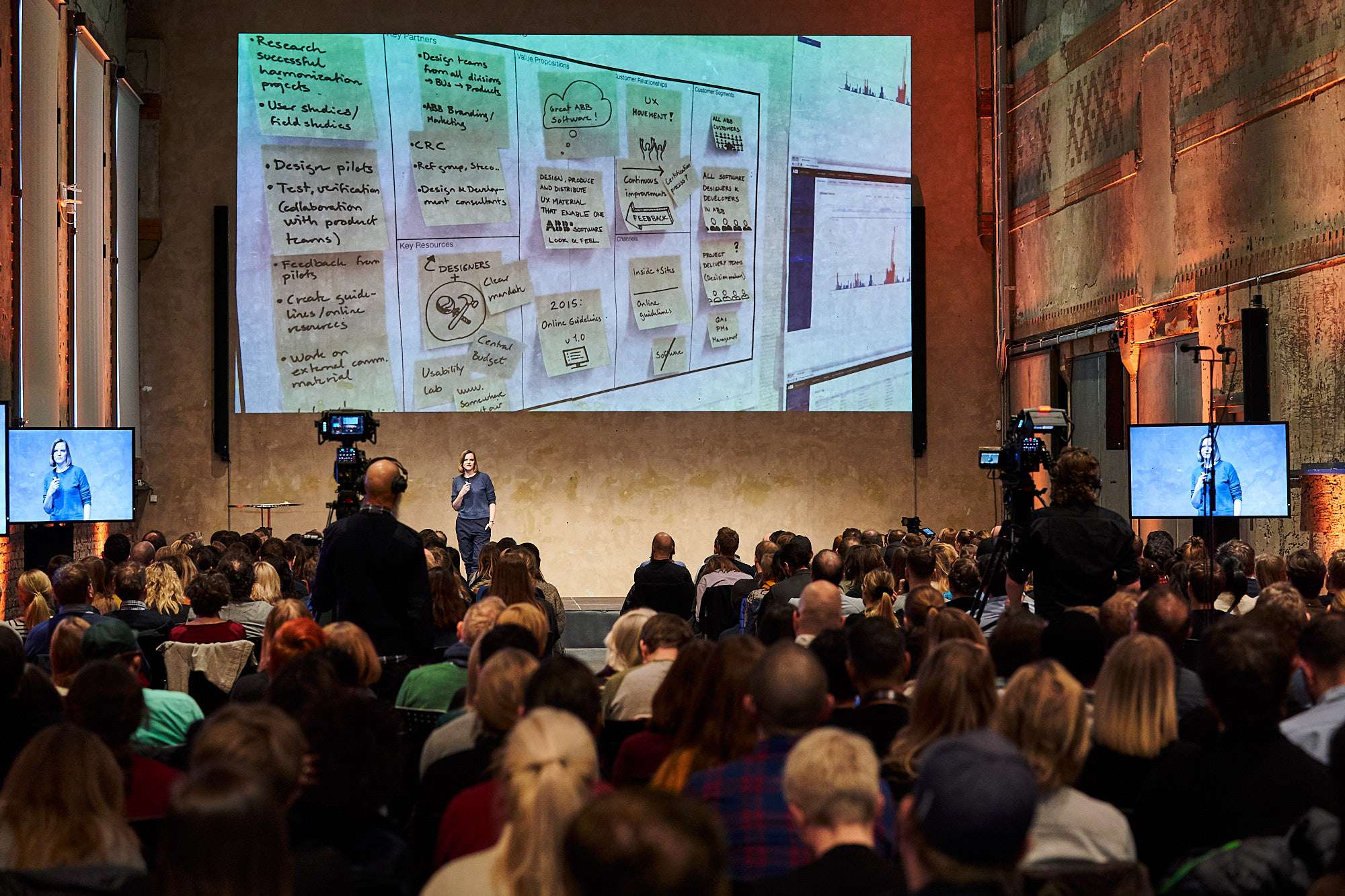Join us at DOGA for an afternoon of inspiration and debate.
11:30—12:00
Registration and coffee
12:00—12:10
Opening remarks
12:10—12:40
Rachel Abrams: First people, then policy, then technology
Talk details forthcoming. In this talk, you’ll learn why the smartest cities are those that pay attention to people and policy, as well as embrace technology.
12:40—13:10
Balder Onarheim: Designing focus
The world around us is designed to steal our attention, making our brains lazy and our attention span shorter. Balder will talk about the concept of constraints and creativity, and how we can use neuroscience to design solutions that are not stealing, but enhancing, the attention of our users.
13:10—13:30
Break
Coffee, refreshments and a chance to try the PlatoWork Headset yourself
13:30—14:00
Chris Atherton: Cognitive Fables for the Digital Age
Are we really better informed than previous generations? To what extent can we usefully interpret science for our own ends? Should we be worried about our attention dwindling? Chris will talk about some ways we as designers and as citizens can think more clearly and declutter our conversations.
14:00—14:30 :: Via video from New York
Justin Smith: It's all over
The old world is crumbling. Pre-internet institutions are struggling to make their presence felt in social media. Aspiring politicians from the left and the right are voted into office as a result of their social-media activity, and their interest in gaining office at all can easily seem like little more than part of a broader strategy to expand their social-media following. Even the Pope has taken to Tweeting, in what may be variously interpreted as a hip updating of a dusty old institution, or as a desperate bid to stay relevant in a world that equates an absence of online metrics, of clicks and likes and follows, with non-existence itself.
At the same time, even if some of the legislators and pontiffs of the world do succeed in making the move online, for all those who do not represent institutions —all the citizens, all the free and irreducible human subjects— the online world as it has been built up until now is a confining, disfiguring, compromising place. The same algorithms that keep extremely-online politicians afloat on their clicks, that enable them to project their platforms directly to the people, in turn force citizens and subjects to think of their individual lives, and to present themselves in the public space (which is now identical to the internet), as if they themselves had platforms, as if individual human beings were clusters of talking points.
This is yet another down-side, among very many such down-sides, of the newly emergent surveillance capitalism that is shaping up to be the basic structure of our social life in the 21st century: as the algorithms break our behaviour and opinions down into data-points and repackage human beings as clusters of such data-points, they are threatening to destroy the basic model of human subjectivity as it has developed over the past several centuries: one that allows for uncertainty in the form of wonder and doubt, one that can accommodate incongruous or even incompatible elements in the same person’s vision of the world, one that, as has been said of love, ‘has no measure’.
Is there a silver lining? Or is there any hope of disrupting these dire trends? We’ll try to answer these questions in today’s discussion.
14:30—15:00
Jeff Sussna: Beyond the Designer As Auteur
In this age of complexity and wicked problems, unintended consequences are inescapable. It’s not possible to truly know how our designs will behave until people use them for real. We create affordances, but can’t guarantee those affordances will keep the promises we intend. As a result, we need to go beyond the notion of the designer as auteur.
This talk will explore design as a continuous process of making and repairing promises. It will describe the inspiration designers can take from DevOps and industrial safety about seeking out and learning from failure rather than trying to ban it.
It will present the view that operations needs to be an input to design and not just its output, and that organizations must continuously redesign themselves as part of redesigning the services they operate.

